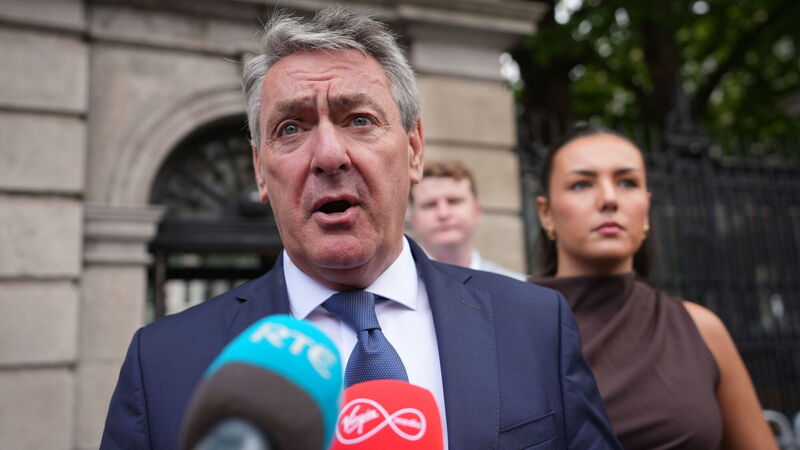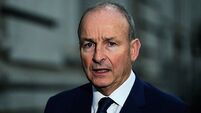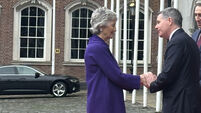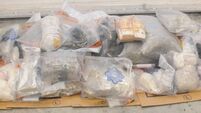Billy Kelleher's strong support can't be counted as votes against Micheál Martin

Ireland South MEP Billy Kelleher speaking to the media outside Leinster House in Dublin after his bid to be the Fianna Fáil presidential candidate. Mr Kelleher had a strong showing, winning 29 votes compared to Jim Gavin's 41. Picture: Niall Carson/PA
As Micheál Martin stepped among the throng of journalists, broadcasters, and parliamentary party members gathered at the Merrion Street gates of Leinster House, a veteran political journalist asked if the Taoiseach was “wounded”.
In the wake of what was a victory for the party leader — his favoured candidate Jim Gavin had been named the Fianna Fáil nominee just an hour earlier — Mr Martin was fending off a question about how his leadership may be weakened after a decade and a half at the helm of the party.
















